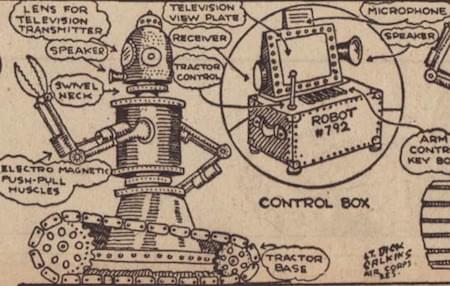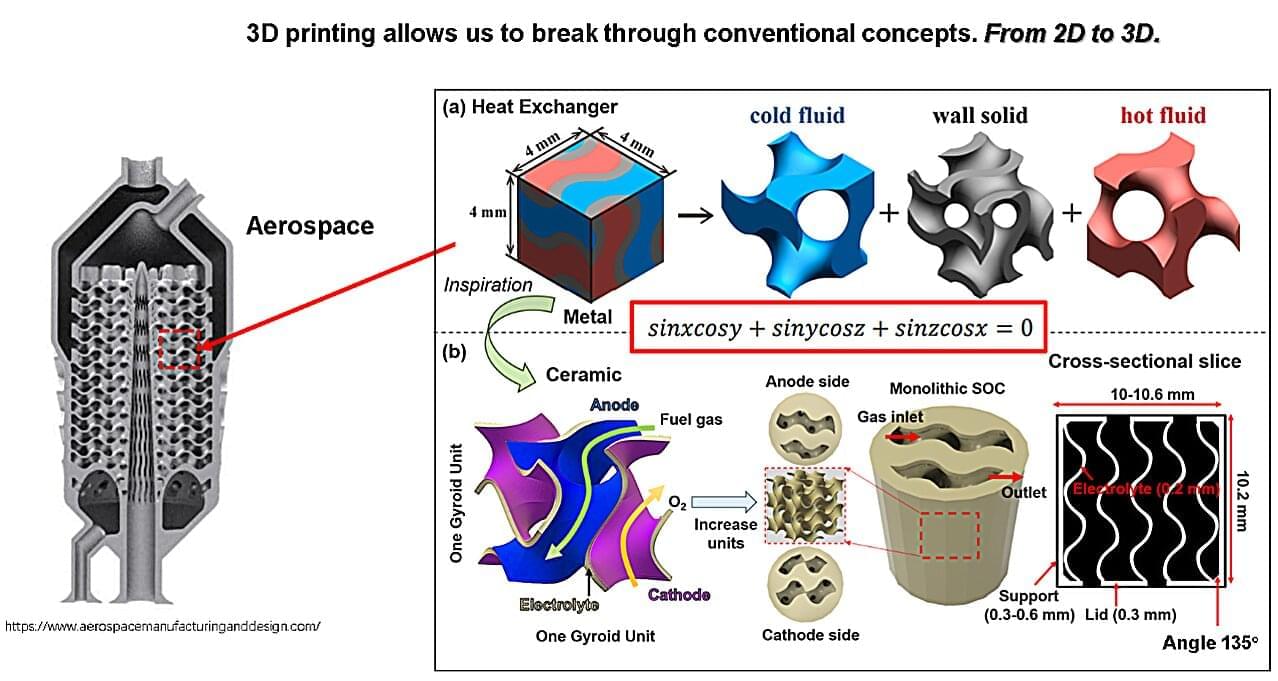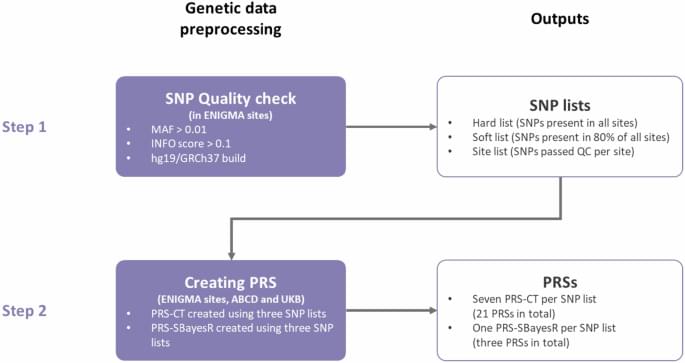The U.K. government has apparently abandoned its plans to force Apple to weaken encryption protections and include a backdoor that would have enabled access to the protected data of U.S. citizens.
U.S. Director of National Intelligence (DNI) Tulsi Gabbard, in a statement posted on X, said the U.S. government had been working with its partners with the U.K. over the past few months to ensure that Americans’ civil liberties are protected.
“As a result, the U.K. has agreed to drop its mandate for Apple to provide a ‘backdoor’ that would have enabled access to the protected encrypted data of American citizens and encroached on our civil liberties,” Gabbard said.








